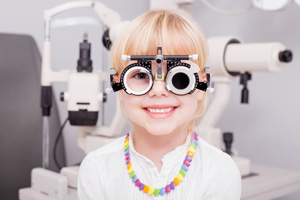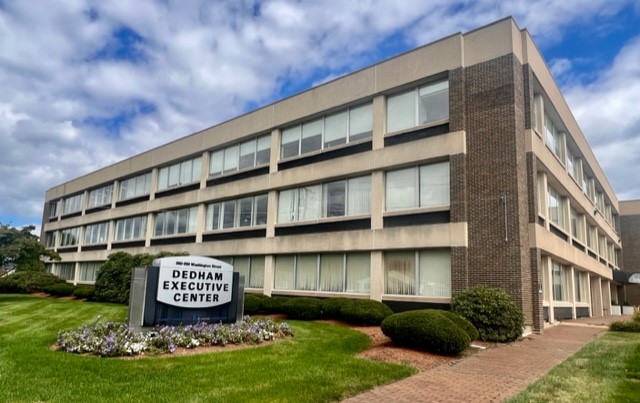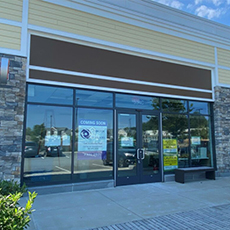Glasses for Children
Why does a child need glasses?
A child may need glasses because of a refractive error, to help control the eye alignment, to treat a “lazy eye” (amblyopia), or for protection (if the child has good vision in only one eye).
How do you know if your child needs glasses?
An ophthalmologist can determine whether or not a child needs glasses by performing a complete eye exam. The pupils must be dilated to relax the child’s internal focusing mechanism to allow accurate measurement of the refractive error. Dilation provides for a reliable, objective analysis that does not require verbal responses from the child. (No need to ask “which is better, one or two?”)
How will I ever get my child to wear glasses?
Parents of infants and toddlers commonly ask this question. Most children will recognize that they see better with their glasses and will leave them on. Some children do not accept change readily or object to “things” on their face or head and will resist wearing the glasses. A positive attitude on the part of the parents is fundamental. Starting with a comfortable fitting by an experienced optician is very important. The glasses should fit so that the eye is in the center of the lens. The glasses should not always be sliding down the nose, as the child will look over the top of the lenses and defeat the purpose of the glasses. Many trips back to the opticians for adjustments may be necessary. Praising the child for keeping the glasses on, engaging in one on one activities that keep the hands busy and the mind distracted will help at the beginning. If the child is exceptionally strong-willed and refuses glasses despite all efforts, it is best to discuss other options with your physician. (Sometimes short-term drops can be used at home to encourage the child to use the glasses.)
Does my child need bifocal glasses?
A child with crossed eyes or with recent cataract surgery is the only valid indication for bifocals. Children’s eyes can quickly adapt in focusing from distance to near without the need for bifocal lenses. Bifocals may also help visually impaired children.
Meet Our Team
The Lexington Eye Associates team is led by board-certified doctors considered to be leaders in the field of ophthalmology. Get to know us.
If you have questions or would like to book an appointment, please call (781) 876-2020 request your consultation.















